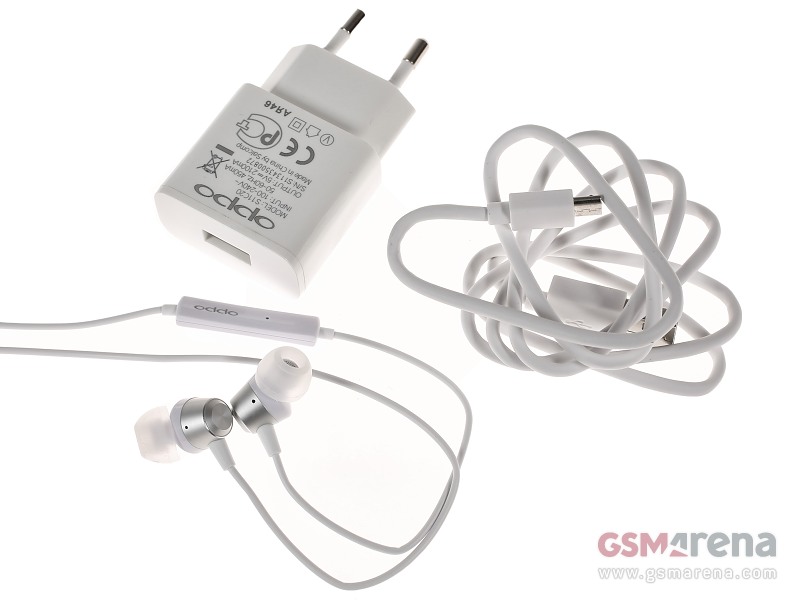
Introduction to Oppo N1
Oppo N1, launched in 2013, marked a significant milestone for Oppo as it introduced unique features that were ahead of its time. This device was known not only for its hardware specifications but also for its innovative design, particularly its camera module. With a rotating camera and a large display, it stood out in the smartphone market and attracted many tech enthusiasts who were intrigued by its potential to redefine smartphone photography and usability.
Design and Build
The Oppo N1 comes with dimensions of 170.7 x 82.6 x 9 mm and weighs 213 grams, making it a solid and robust device. It was designed to showcase elegance with its slim profile and a screen-to-body ratio of approximately 68.1%. The build quality impresses with its premium touch, featuring a micro-SIM slot and available in colors like white and dark blue. Its heft gives a sense of durability, and the overall design complements its functionality, particularly the innovative rotating camera.
Display
Featuring a 5.9-inch IPS LCD display, the Oppo N1 offers a resolution of 1080 x 1920 pixels with a 16:9 aspect ratio. The display supports a pixel density of around 373 ppi, providing sharp and vibrant visuals. This makes the Oppo N1 ideal for media consumption, be it watching movies, playing games, or browsing the web. Its large display coupled with good contrast ratios (1164:1 nominal and 1.470:1 sunlight) ensures clarity and visibility both indoors and outdoors.
Camera Innovation
One of the standout features of the Oppo N1 is its revolutionary rotating camera. The 13 MP autofocus camera is capable of rotating to function as both the main and selfie camera, featuring dual-LED flash for optimal lighting conditions. Its capability to capture high-quality images with HDR and panorama mode opened new realms for photography enthusiasts. It records videos at 1080p@30fps, providing decent resolution for video content creation.
Performance and Software
Under the hood, the Oppo N1 runs on the Qualcomm Snapdragon 600 chipset with a Quad-core 1.7 GHz Krait 300 CPU and an Adreno 320 GPU. These solid specifications ensure a smooth performance for day-to-day tasks and add enough strength for moderate gaming and application use. The device originally shipped with Android 4.2 Jelly Bean, with Oppo's ColorOS on top, offering a customizable and user-friendly experience.
Memory and Storage
The phone provides two storage options: 16GB and 32GB, both coupled with 2GB of RAM. However, it lacks a memory card slot, meaning users should manage their storage needs within the device’s built-in capabilities. The RAM ensures smooth multitasking, while the integrated storage, though somewhat limited compared to modern standards, was competitive at the time of release.
Network and Connectivity
The Oppo N1 supports GSM/HSPA technology, along with various 2G and 3G bands ensuring decent network connectivity. While it does not support 4G LTE, it offers Wi-Fi 802.11 b/g/n, Bluetooth 4.0 with A2DP, NFC, and GPS. Its microUSB 2.0 with USB On-The-Go (OTG) capabilities adds to its versatility in connecting peripherals and accessories.
Battery Life
Equipped with a non-removable Li-Ion 3610 mAh battery, the Oppo N1 provides a competitive battery life with an endurance rating of 79 hours. The ample battery capacity ensures that the device can last through a full day of heavy usage including calls, media streaming, and browsing without requiring frequent recharges.
Additional Features
The smartphone is equipped with a range of sensors including an accelerometer, gyro, proximity, and compass, which enhance its functionality across various applications. Audio-wise, it features a loudspeaker and a 3.5mm headphone jack, providing standard sound quality, with a measured loudness suitable for an average auditory experience in everyday scenarios.
Conclusion
The Oppo N1 indeed carved its niche with pioneering features like the rotating camera module, large display, and solid build. While it may now be considered outdated with the advancement of mobile technology and the absence of features such as microSD support or 4G LTE, it remains a noteworthy mention in the evolution of smartphone design and innovation. Given its unique elements, it continues to resonate with enthusiasts who appreciate technological advancements that were ahead of the curve during its release period.
Key Features of Oppo N1
- 5.9-inch IPS LCD display with a resolution of 1080 x 1920 pixels (~373 ppi density)
- Powered by a Qualcomm Snapdragon 600 chipset and Quad-core 1.7 GHz Krait 300 CPU
- Unique rotating pop-up main camera module with 13 MP, AF, Dual-LED flash, panorama, and HDR capabilities
- Available internal storage options: 16GB or 32GB, each with 2GB RAM
- Comprehensive connectivity support including Wi-Fi 802.11 b/g/n, Bluetooth 4.0, NFC, and microUSB 2.0 with OTG
- Durable Li-Ion 3610 mAh battery offering an endurance rating of 79 hours
- Supports Micro-SIM with GSM / HSPA network technology
- Equipped with sensors like Accelerometer, gyro, proximity, and compass
- High-quality audio experience with a 3.5mm jack and loudspeaker
- Unique device design with dimensions of 170.7 x 82.6 x 9 mm and a weight of 213 g
- Available in two colors: White and Dark Blue
Oppo N1 Main Disadvantages
- No support for LTE networks, limited to GSM/HSPA.
- Device is discontinued, may not receive updates or support.
- Heavy and bulky design, weighing 213 g.
- Limited to Micro-SIM, may not support dual-SIM functionality.
- No expandable storage, lacks a microSD card slot.
- Released with outdated Android 4.2 (Jelly Bean).
- No radio support available.
- Older Snapdragon 600 chipset could affect performance with modern apps.
























View Also
More Phones
All Rights Reserved +14268 Phones © Mobilawy 2025

























